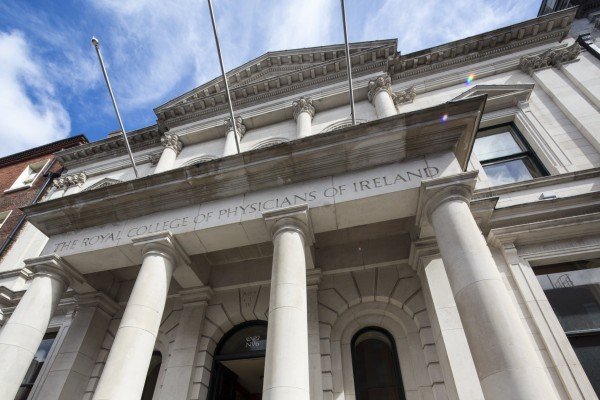The Faculties of Paediatrics and Public Health Medicine at the RCPI have welcomed the publication of a new report by the HSE’s National Clinical Programme for Paediatrics and Neonatology, which highlights the urgent actions required to address the full impact of school closures.
This is particularly important for children affected by poor housing, poverty, cultural differences, or those children who live with difficult home circumstances, noted the Faculties.
The report, written in collaboration with the two Faculties, underlines the urgent need for schools to reopen. Dr Louise Kyne, Dean of the Faculty of Paediatrics, said: “The Covid-19 crisis has exposed and amplified existing inequalities and risks of harm facing vulnerable children. This report underlines how important it is to consider these vulnerable children, particularly the special needs group. It highlights the essential role of schools in providing not only education but in supporting a wide range of social, emotional, physical, developmental and mental health needs. Parents are reporting regression in their children with special needs.”
“Children’s needs must be a priority as we work through this protracted Covid-19 pandemic. Emergency learning in the home is difficult for families. This report recommends that every effort should be made to enable schools to remain open during lockdown. Risks must be balanced, but the Faculty of Paediatrics considers that the reopening of schools should be facilitated as a priority. This particularly applies to special needs schools, as this group are most seriously affected by school closures.”
Dr John Murphy and Dr Ellen Crushell, Clinical Leads for the National Clinical Programme for Paediatrics and Neonatology, and co-authors of the report, say it was written to highlight clinicians’ concerns about the health and wellbeing of marginalised children in the context of the knock-on effects of the pandemic.
Dr Crushell said: “We are concerned about rising health, socioeconomic and educational inequality amongst children, with those who are already disadvantaged being most affected. The full impact will take time to be fully revealed but there is the potential for life-lasting effects on children, particularly on vulnerable groups such as those affected by poor housing, poverty, cultural differences, or those children who live with difficult home circumstances.”
Dr Murphy added: “Early childhood investment is known to be cost effective. Extra efforts need to be made for these children at the margins of society. We urgently need to scale up community clinical services including primary care, child and adolescent mental health services, and across disability services, and ensure these services work closely together. We need extra public health staff and resources to address the difficulties that have arisen for marginalised communities as a result of the pandemic. Example of other measures that will be needed include prioritising families in need of appropriate housing and helping families avail of HSE national social inclusion/public health initiatives”.
Dean of the Faculty of Public Health Medicine, Prof Emer Shelley, highlighted the strong evidence that adverse childhood events have a lifelong impact on health and wellbeing. Covid-19 restrictions carry extra risk for disadvantaged children.
“Public health colleagues will provide all possible support to the stakeholders in education to enable and support schools to reopen safely. While there are disadvantaged children in all schools, sequencing of return to school should start with children with special educational needs and those in DEIS (Delivering Equality of Opportunity in Schools Scheme) schools,” she said.
The report can be accessed at the following link – https://hse.drsteevenslibrary.ie/ld.php?content_id=33132986













Leave a Reply
You must be logged in to post a comment.